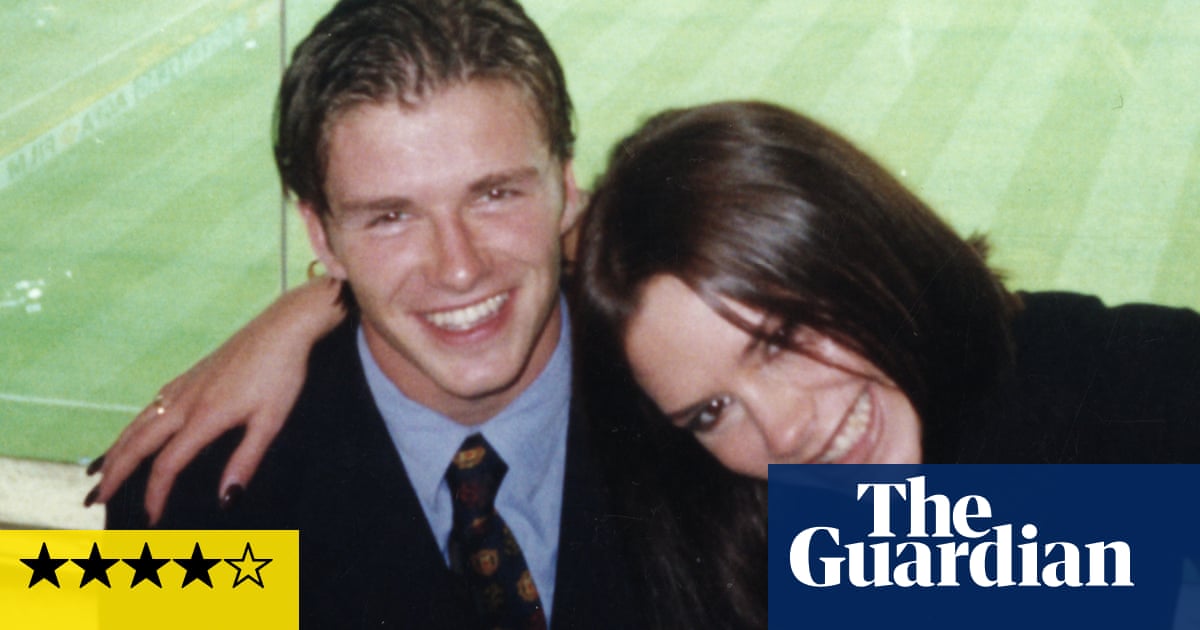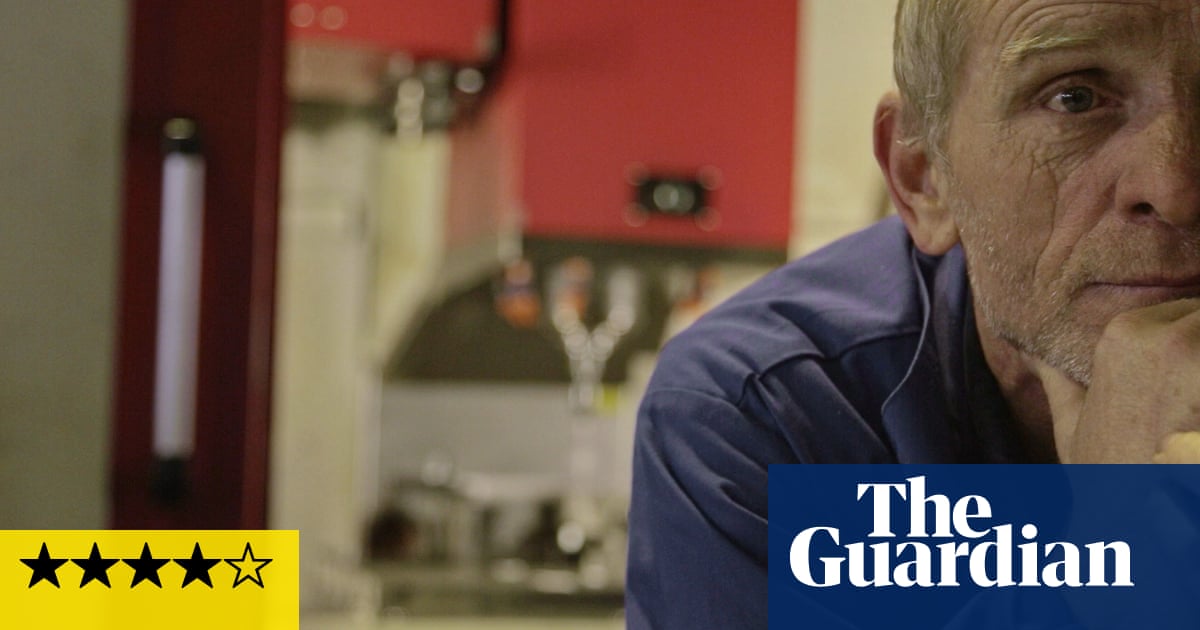
Towards the end of last year, the comedian Joe Lycett cracked the shiny veneer of Brand Beckham when he challenged former “gay icon” David to justify his very well-paid gig as an ambassador for Qatar, where homosexuality is illegal and LGBTQ+ people face persecution. The response was tepid at best. You might, then, see the four-part Netflix documentary Beckham as part of a process of smoothing over the lines again. It turns out to be a surprisingly candid look at the life and career of one of the most famous footballers of all time, and it certainly is a rollicking ride.
Beckham, the series, joins a long line of recent sport-based blockbusters that are so entertaining they hold plenty of appeal, whether you’re a Manchester United season ticket holder or more of a Victoria Beckham type (“I wasn’t into football then; I’m not into football now,” she says, plainly). Director Fisher Stevens – who also plays Hugo in Succession, and whom we occasionally hear off-camera asking the questions – has found a rich and vibrant tone here. He follows Beckham around his country house as the man takes great care over mundane, Alan Partridge-esque tasks, such as collecting honey from his beehives or ensuring the kitchen is spotless and exactly to his standards. Beckham seems to respond well to the gentle air of piss-taking, and is self-deprecating in return.
The doc follows the young David from a football-focused, friendless period at school to the training grounds of Manchester United and the arrival of Sir Alex Ferguson in his life. The portrait of the pair’s relationship over the years is absolutely fascinating. Ferguson appears here to give his side of the story, discussing everything from their early closeness to what really happened when he kicked the boot that landed on his player’s forehead to Beckham’s eventual exit from the club. Beckham talks of Ferguson as a father figure and even now recalls a kind of heartbreak when their relationship broke down.
Other members of the footballer’s family offer anecdotes and titbits, from his strict-sounding father, Ted, to his mother, Sandra, who is great value. She says that when the then-England manager Glenn Hoddle questioned her son’s professionalism and left him on the bench, she “just put him on my hitlist”, and she recalls taking revenge on a journalist staying at the same hotel as she was. Victoria, too, is more frank than you might expect. When recalling a particularly explicit chant about her that came from the stands, she says the woman sitting next to her didn’t know what to do, so just turned to her and said, “Do you want a Polo?”
This isn’t just a family affair. The series is packed with famous names – a testament, I suppose, to the career and legacy of its subject. Beckham’s Manchester United and Real Madrid teammates and managers appear en masse: Cantona, Ronaldo Nazário, Pauls Scholes and Ince, Roy Keane, Rio Ferdinand. Often, people drop in to make the briefest of points. Peter Hook appears, just to say that footballers eventually replaced musicians as the “rock stars” of Manchester. Anna Wintour pops up to say that her daughter loved the phenomenon of Posh and Becks. Gary Neville is a highlight throughout, particularly when he’s asked if he ever went to the Haçienda nightclub. It isn’t really on topic, but Neville’s views on clubbing deserve a feature-length documentary of their own.
Of course, this being David Beckham, it isn’t just about football, though there is plenty of that here. The programme positions him as the first footballer to really embrace the world of brand partnerships, and to become a celebrity superstar, known far outside his field of expertise, much to Ferguson’s growing dismay. His marriage to a Spice Girl sent the pair of them into the tabloid stratosphere. At times, this is a chronicle of the 1990s and all of its accompanying wildness, and it reassesses the treatment the couple received at the hands of the tabloids, as all good modern documentaries must do.
In fact, it doesn’t shy away from anything much, though Beckham comes across as a man who likes to be in control in all aspects of his life, despite his candour. He discusses the notorious 1998 red card against Argentina, which saw England knocked out of the World Cup and led to months of targeted hatred, threats and abuse. He and Victoria address tabloid allegations of an extramarital affair, without ever being specific. There are loads of gossipy nuggets: about the sarong, the many haircuts, the decision to wear purple at his wedding. It’s a lot of fun, and each of the hour-plus episodes flies by. Brand Beckham will be relieved.












